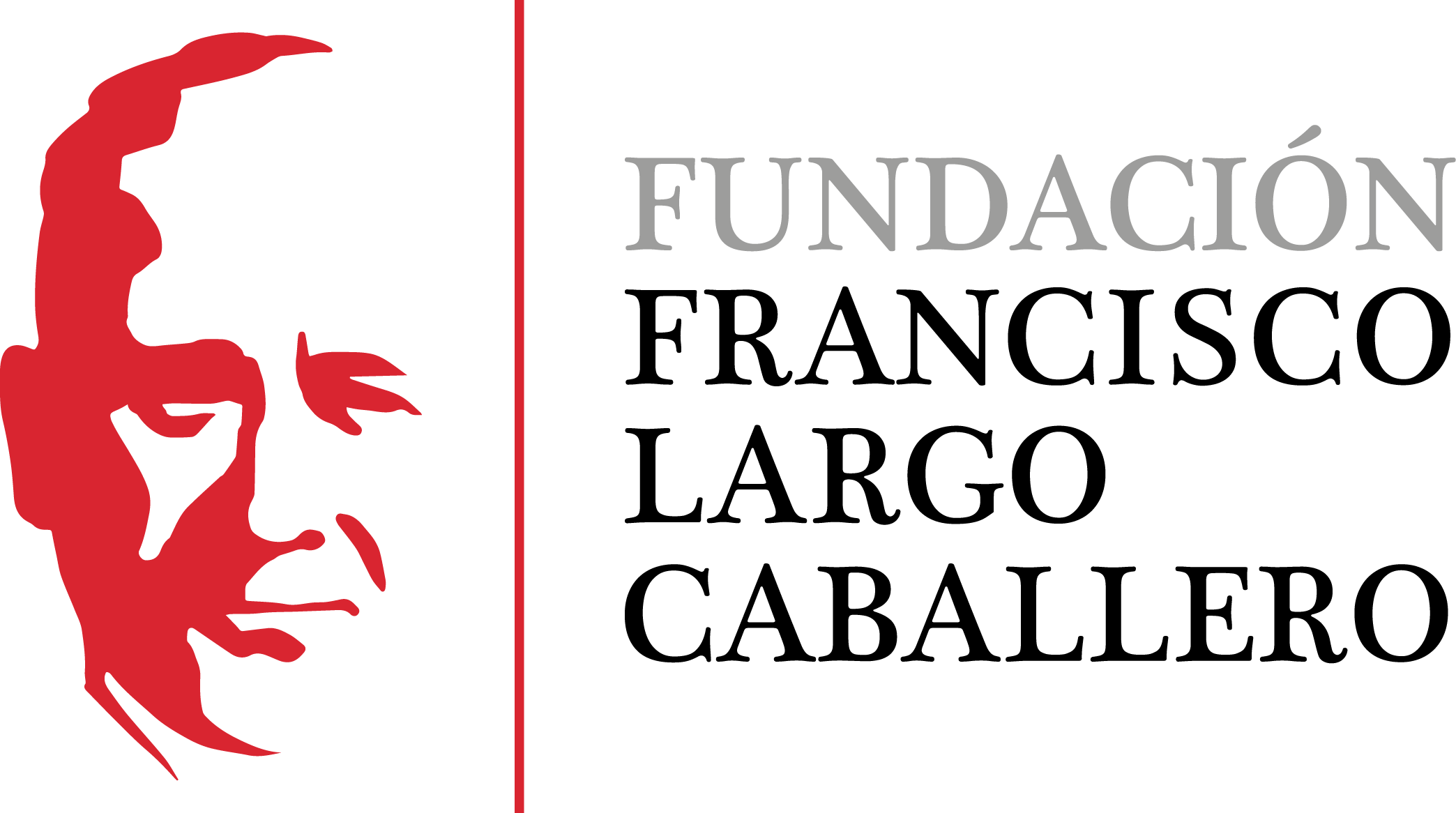Racism in the "model republic". Latino workers in the United States (1890-1930).
DOI:
https://doi.org/10.69791/rahc.12Keywords:
races, Lombroso, United States, Nativism, workers, immigrantsAbstract
The American society at the end of the 19th Century was convinced that there were superior and inferior races, an idea derived largely from Lombroso’s Italian school of Criminal Anthropology, whose works were widely disseminated in the United States. Southern European workers who came to the United States by transatlantic route were subjected to strong racial prejudices that were transferred from the Academy to the Administration and ended up having its application in the immigration policy of the North American government. The so-called Nativism spread, fearful that this great flow of foreigners would corrupt the nation. Mediterranean or Latino immigrant workers were not perceived entirely as white. Of course, racial discrimination was not the same as that suffered by African Americans, Asians and Mexicans, since Italians, Spaniards or Portuguese had privileges that were not granted to them, such as the right to naturalize US citizens after several years of residence and aspire to certain jobs, but they did suffer ethnic hostility and were victims of racial prejudice. These prejudices, together with the exploitation to which they were subjected, caused them to change the vision of the United States as a model republic of freedom for a much more negative and bitter one. Many suffered a process of radicalization and militated in Anarchism. Anti-immigration sentiment spread following the assassination by an anarchist in 1901 of President William McKinley. The Russian Revolution unleashed new fears towards foreign radicals suspected of fomenting class conflict. In the early 1920s the nativists were finally able to radically limit entry permits for workers from southern Europe. They, for their part, faced with a society that received them badly and that was totally alien to them, established ethnic communities outside the American way of life.
Downloads
Global Statistics ℹ️
|
194
Views
|
143
Downloads
|
|
337
Total
|
|
Downloads
Published
How to Cite
Issue
Section
License
Copyright (c) 2022 Susana Sueiro Seoane

This work is licensed under a Creative Commons Attribution 4.0 International License.
Alcores is an open-access journal. It provides unrestricted access to its content from the moment of publication. We respect intellectual property rights, and for this reason, the author retains the copyright. All content is distributed under a Creative Commons Attribution 4.0 International (CC BY 4.0) license. The terms of the license can be consulted at: https://creativecommons.org/licenses/by/4.0/
This license allows sharing (copying and redistributing the material in any medium or format) and adapting (remixing, transforming, and building upon the material for any purpose), provided that authorship and first publication in this journal are properly credited, a link to the license is included, and any changes made are indicated.
This type of license facilitates the freedom of reuse and ensures that the content of this journal can be used to meet research needs.









